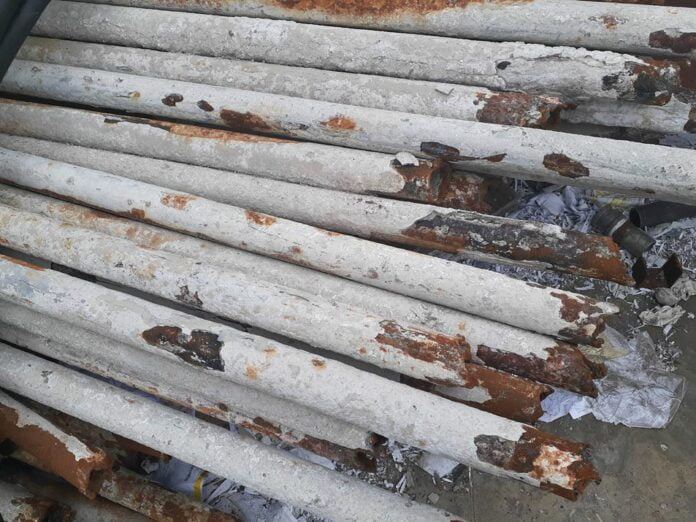MOST cooling and heating system failures happen because of the same mistakes or oversights. Anelia Hough, water treatment consultant at Allmech, says that in boilers and cooling towers, these issues include skimping on water pre-treatment or on ongoing maintenance.
“There are four common problems that can occur in boilers and cooling towers that damage effectiveness: corrosion, fouling, biological contamination, and scaling,” she says. “Companies often select not to do water treatment, including pre-filtration, on their cooling and heating systems to reduce operating costs and to meet production demands. This, however, often has the opposite effect and the company might land up losing money. Skipping water treatment doesn’t just result in higher energy costs; customers risk a complete boiler or cooling tower shut down or replacement. That’s far more costly than the initial water treatment equipment and monthly water treatment services.”
A total water treatment programme should address any impurities in the source water (pre-treatment), the water treatment itself (filtration and / or chemical treatment) and ongoing testing and maintenance.
Stages of water treatment
She says that in boiler operations, poor water quality results in poor quality steam. Feedwater must therefore be pre-treated. The aim is to remove impurities to control deposition, carryover, and corrosion in the boiler system, which affect the boiler’s effectiveness and, in the long run, can cause costly down time and unplanned repairs.
“Within cooling towers’ makeup water, we focus on the water-replacing bleed, and evaporated and leaked water from the cooling tower,” says Hough. “If makeup water is not treated in cooling towers, we almost always see scale and corrosion taking place, which decrease the efficiency of the system. Microbiological fouling is another concern, as it often causes the problems in the tower as organisms settle on the surface and secrete a polysaccharide layer for protection. This film then will collect silt from the water, thus growing thicker and further reducing heat transfer.”
After-treatment involves the addition of chemicals. Specific chemicals must be used depending on the application. For example, Allmech offers a range of SANS 1827 food-grade chemicals for boilers, which are safe for food, beverage, pharmaceutical and agricultural uses. For cooling towers, the company supplies chemicals that act as scale and corrosion inhibitors (for open and closed systems), micro biocides, dispersants and cleaning agents.
Maintenance and testing
“One of the best ways to stay on top of the health of your boiler or cooling tower is to schedule regular maintenance checks,” says Hough. “A comprehensive preventive maintenance programme not only keeps your boiler or cooling tower up and running reliably, it also lengthens the life the equipment and improves safety for employees.”
“Allmech focuses on each client’s individual boiler or cooling tower needs to ensure the best pre-water treatment and chemical water treatment solutions are offered. Our technologies, custom-engineered water treatment plants and cutting-edge solutions for boiler and cooling tower water treatment needs have been developed by helping our customers solve some of the most complex water treatment issues in the industry for over 25 years. Because of our skilled staff and overall expertise, we are confident that our solutions are some of the best in the industry,” she concludes.
For more information, visit www.allmech.co.za
